The Shere Hill Climb feels like an event steeped in its own ancient heritage, a welcome revival of a once popular tradition.
So it comes as something of a surprise to learn that its history dates back to only 2013, being a relatively new event created by a small band of motoring enthusiasts who turned an idle daydream into reality simply because they thought it was a good idea. How refreshing it is that they succeeded against significant odds.
In parallel, the ongoing revival of the Kop Hill Climb in Buckinghamshire will continue this month on 25/26 September. That event has rich, deep and significant motorsport roots dating all the way back to the 1920s, so there’s a reason behind its rebirth. In comparison, the Shere event, run on a public country lane closed for the day in the heart of the bucolic Surrey Hills, is pointless – which is perhaps a part of its easygoing charm.
An olympic ideal
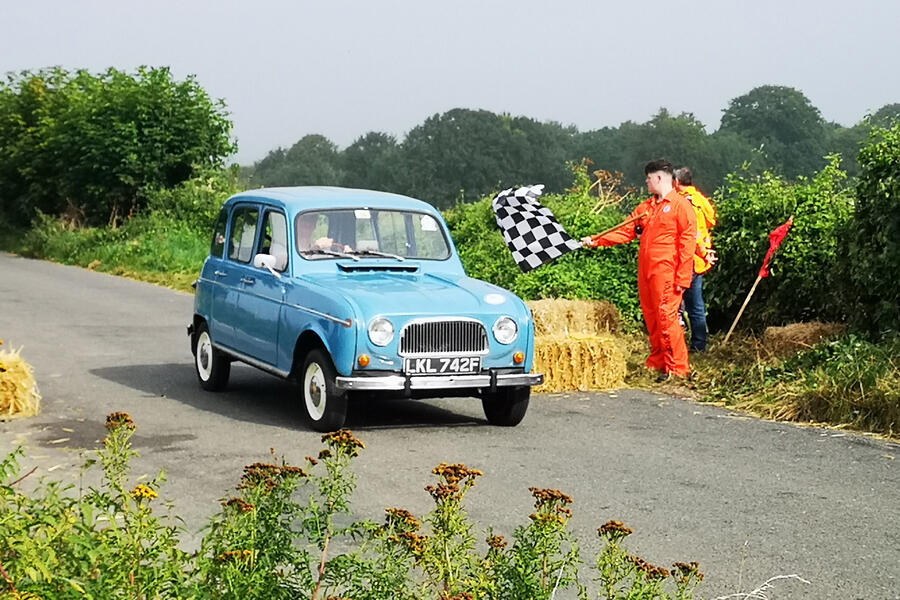
Martin Warner is the energetic petrolhead behind the event, which returned this month after a pandemic-induced hiatus and drew an impressive crowd to a friendly farmer’s field next to Staple Lane, just off the A246. He explained to us how the Shere climb, named after a pretty village just the other side of the hill, came out of nowhere.

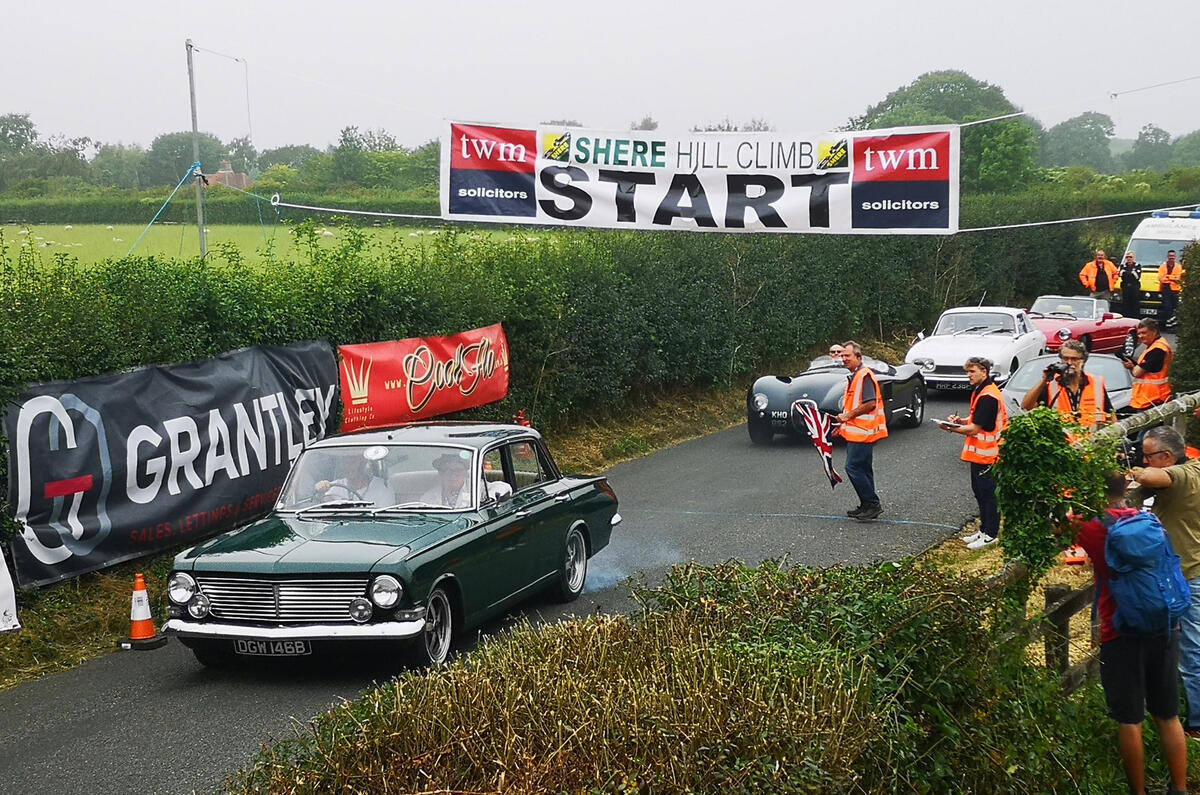
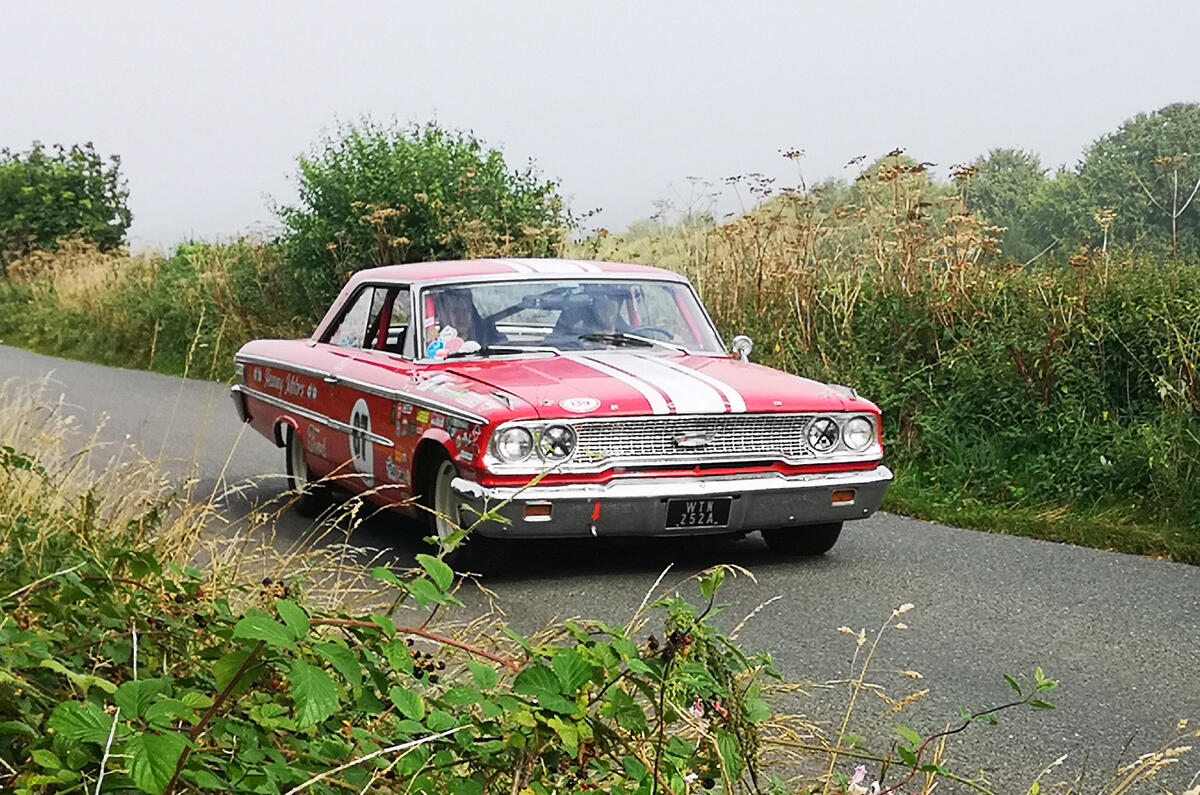
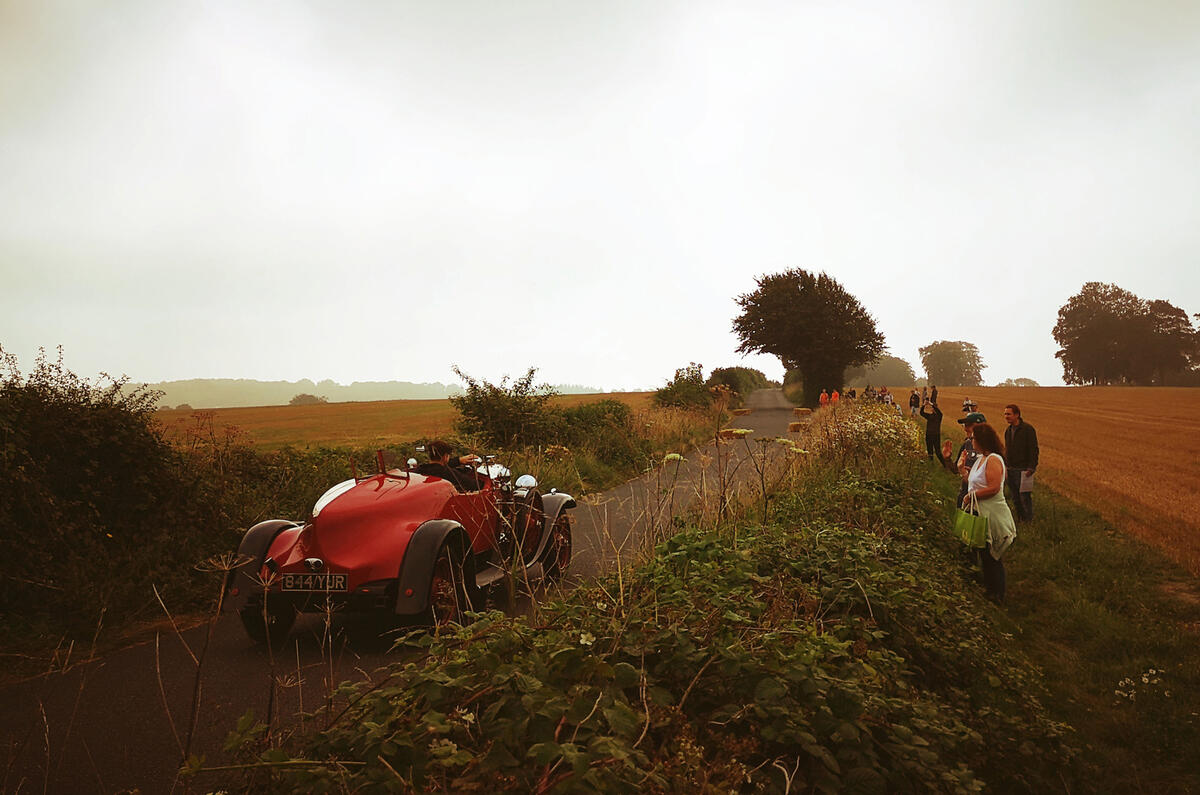

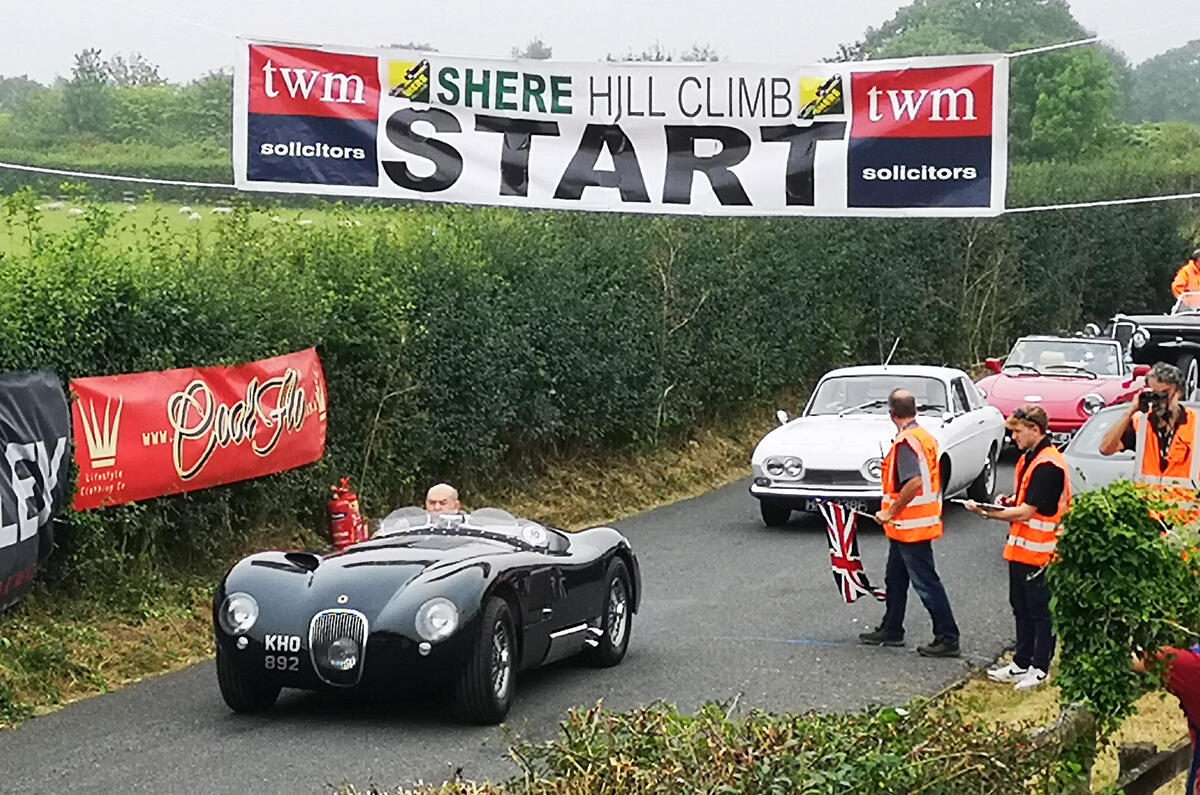
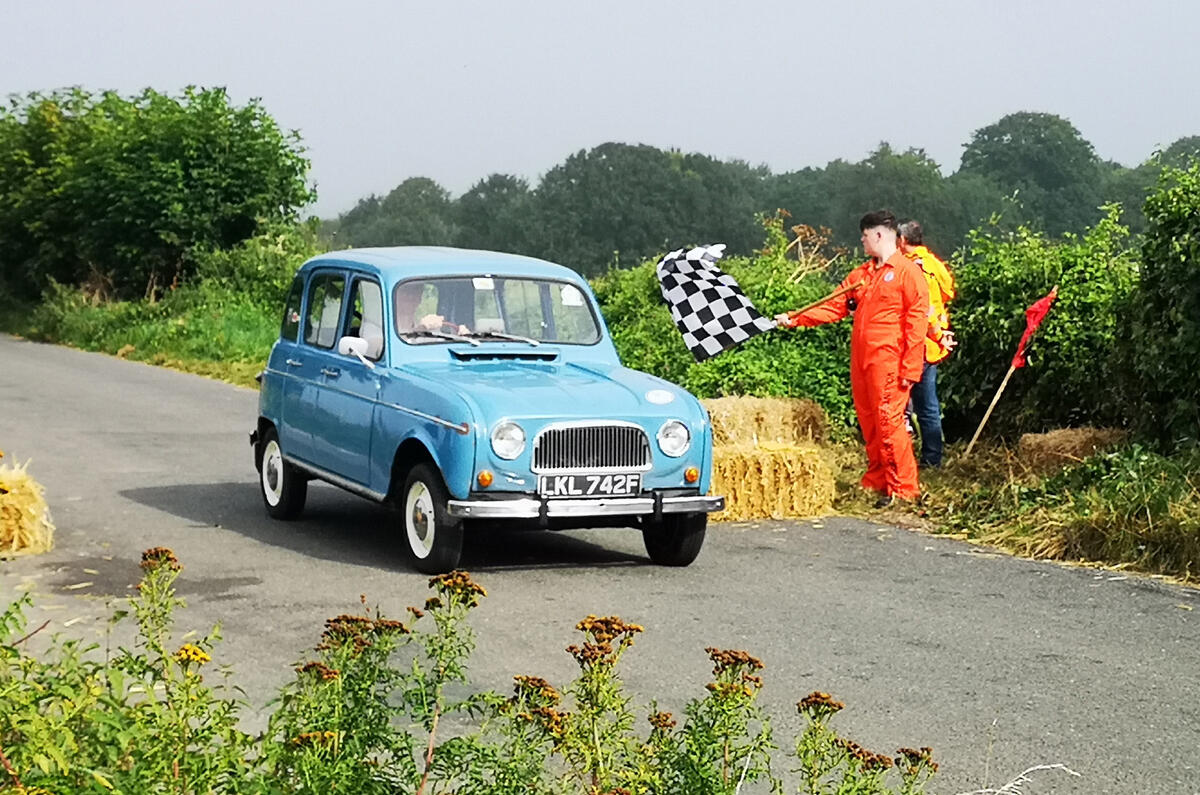
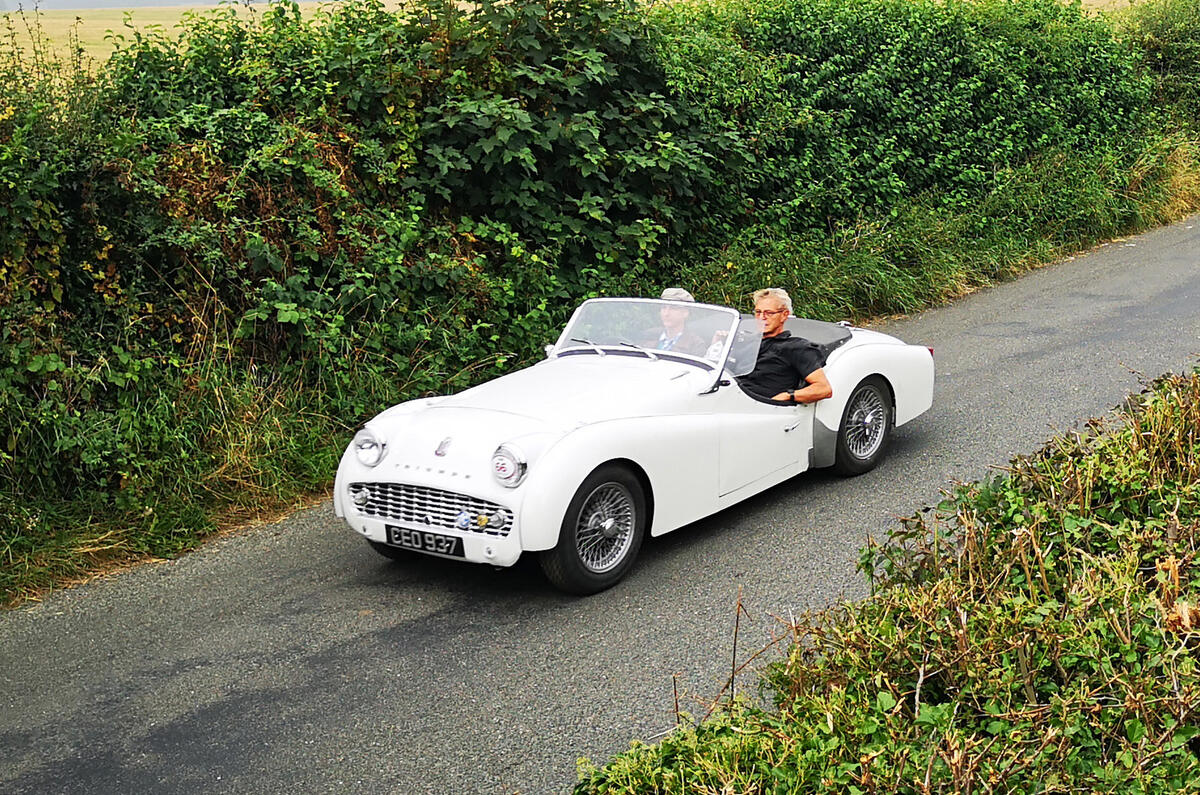
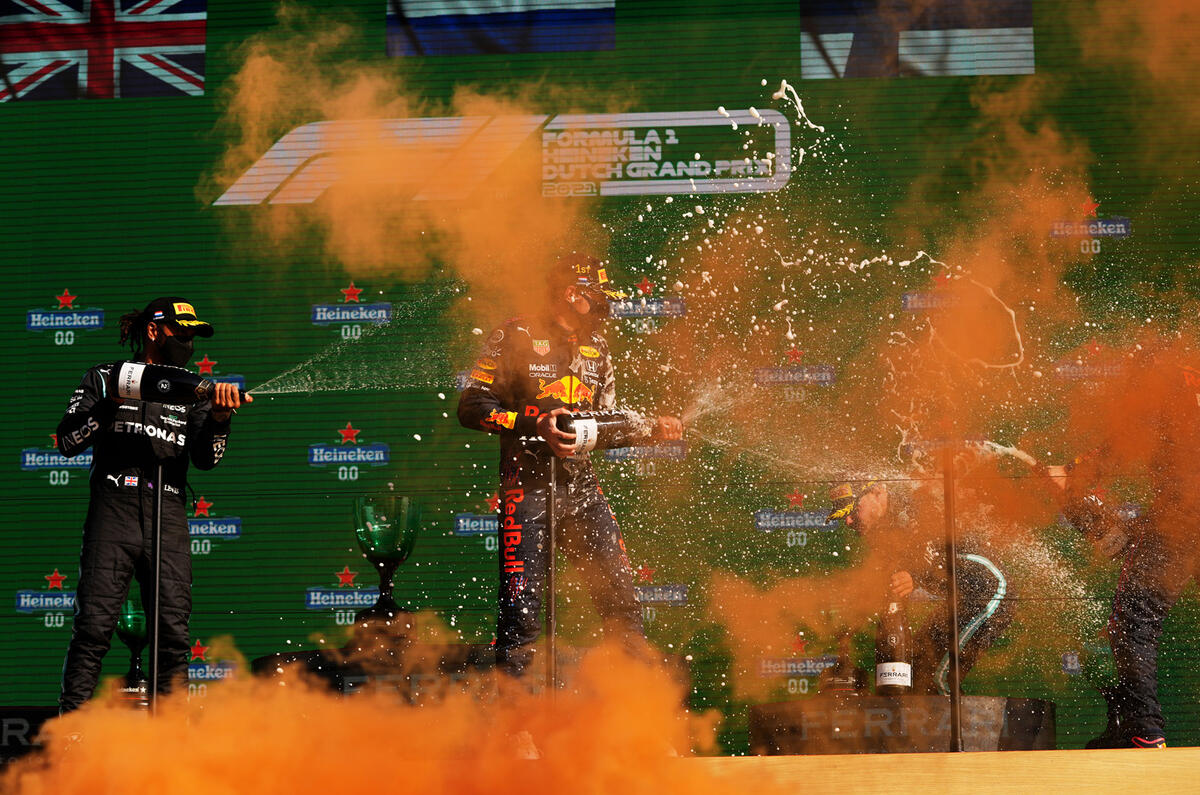
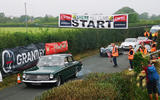
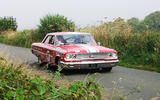
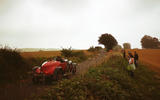


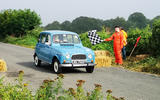







Join the debate
Add your comment
I was due to drive up the hill, but didnt get my car ready, so took the family instead for a quick nosey.. we ended up staying for most of the day, it was a really freindly and pretentious free affair! The vast aray of cars and bikes was a real eye opener, 4 1920's Bentleys, Le mans winning C type, Pantera, etc etc. Really lovely day thats now firmly embeded in to the diary!